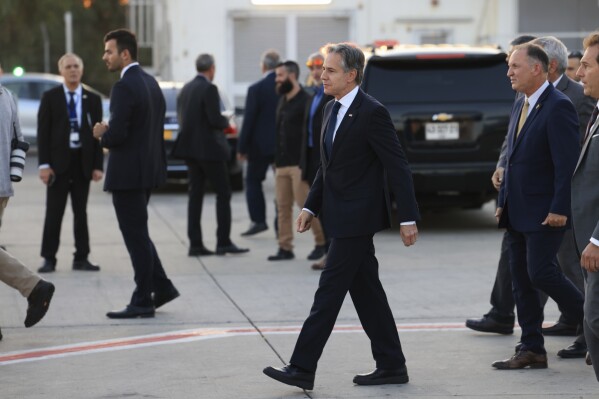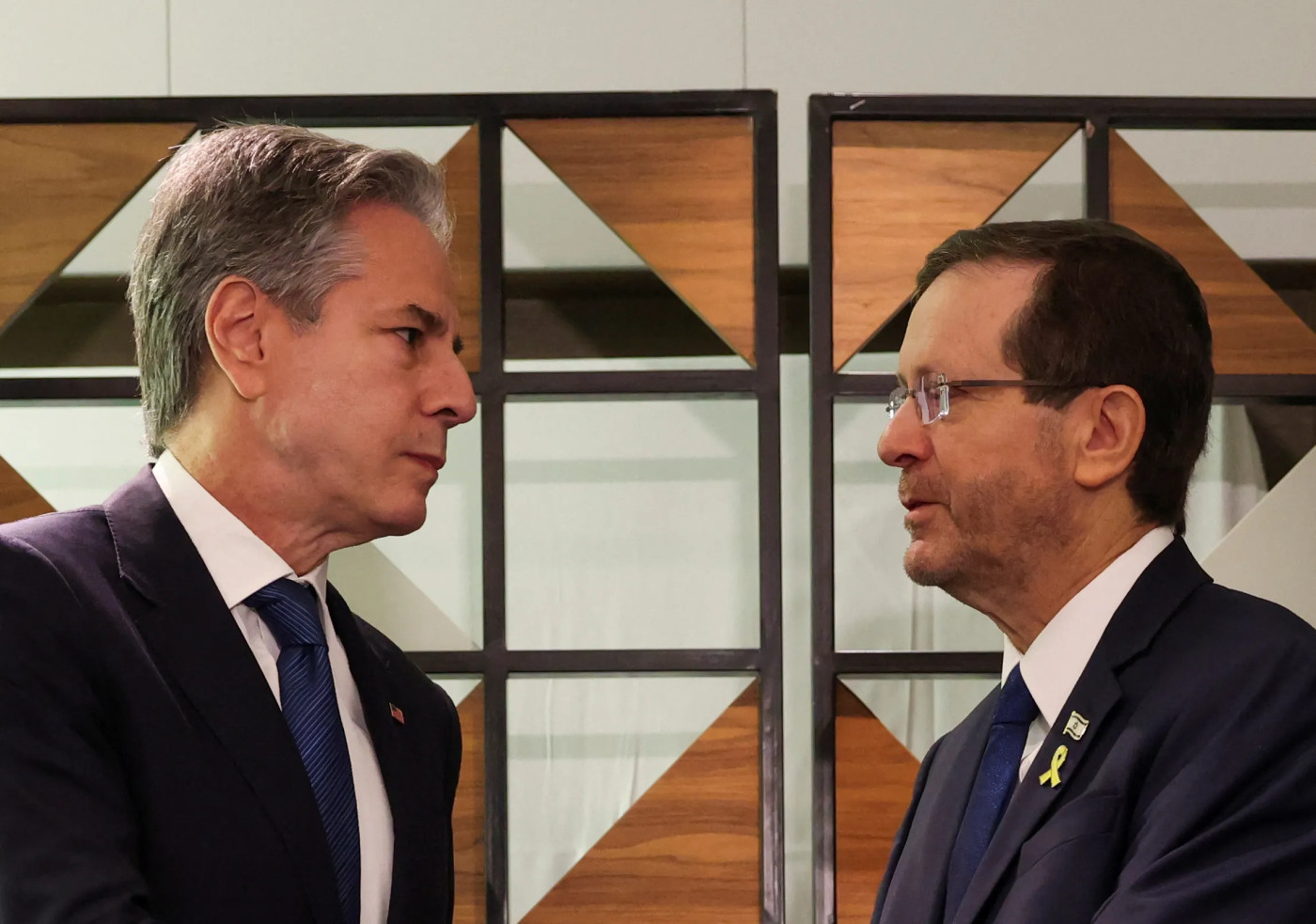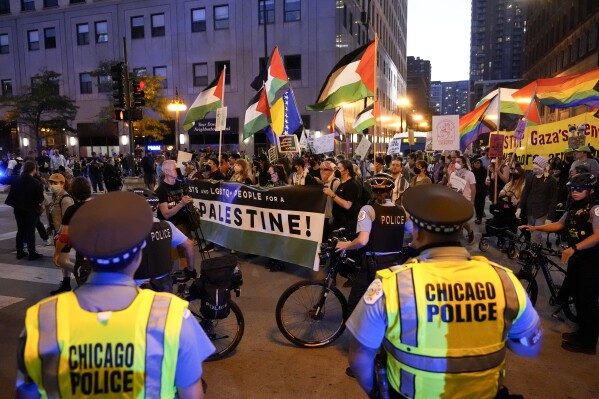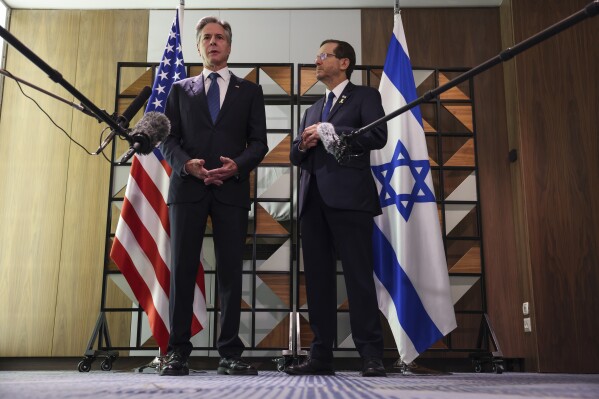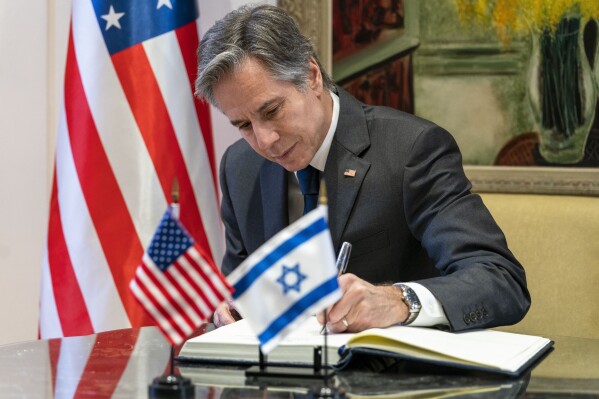North Korea Reacts to Ukraine's 'Invasion' of Russia's Territory
North Korea has denounced Ukrainian forces' advance into Russia's Kursk region, describing the "invasion" as part of a Western proxy war against Moscow, which invaded its neighbor in February 2022.
The Ukrainian counteroffensive, almost two weeks old, has penetrated 17 miles into Kursk and spans about 35 miles wide, according to the Institute for the Study of War, though the U.S. think tank believes it's unlikely Ukraine has consolidated its positions in the entire area.
Russia has diverted some troops from Ukraine as it responds to the incursion, and more than 100,000 Kursk residents have been evacuated.
On Sunday, in a statement carried by state media, a spokesperson for North Korea's Foreign Ministry accused Ukraine of an "extremely grave terrorist crime of killing tens of peaceable inhabitants and injuring hundreds through an armed invasion of the inviolable territory of Russia."
"The reckless military provocations of the Zelensky puppet authorities are nothing but their last-ditch efforts to put under control the daily-worsening war situation at any cost," the spokesperson continued, accusing the U.S. of pushing Ukraine into a proxy war and arming it as part of its "vicious anti-Russia confrontation policy."
On Thursday, North Korean leader Kim Jong Un called the Russian invasion a "sacred war for regional peace."
Washington and its allies are "wholly responsible" for the new Ukrainian offensive, which could spark "a new all-out war" in Europe, the spokesperson warned Sunday, calling the battle in Kursk a "prelude to the total destruction of the Zelensky puppet clique and the strategic defeat of the U.S. and the West."
Newsweek contacted the Ukrainian Foreign Ministry and U.S. State Department for comment via email.
Over the past year, an increasingly isolated Moscow has been deepening defense and diplomatic ties with Pyongyang.
Satellite imagery has captured Russian cargo ships taking on thousands of shipping containers at North Korean ports. South Korea's defense authorities have estimated that the containers could have transported almost 5 million artillery shells to replace munitions spent by Russian forces in Ukraine.
Ukraine says North Korean missiles have been used in the country by invading Russian forces, including one that killed a father and his 4-year-old son east of Kyiv on August 11.
In June, Kim gave a warm reception to Russian President Vladimir Putin in Pyongyang. The two then gave their partnership a high-profile boost by signing a mutual military assistance agreement, drawing strong rebukes from Seoul and Washington.
Ukrainian forces reportedly destroyed another bridge on the Seym River, the second in two days as they sought to hamper Russian capacity to resupply its troops. Ukrainian President Volodymyr Zelensky said later on Sunday that he sought to create a "buffer zone" in the region.
"It is now our primary task in defensive operations overall, to destroy as much Russian war potential as possible," local media quoted Zelensky as saying during his Sunday evening address.
U.S. State Department Principal Deputy Spokesperson Vedant Patel said at Thursday's news conference that some Russian troops had been observed being moved out of Ukraine to join Russia's effort to contain the incursion, but he declined to "do a military analysis."
"There has been no change to United States policy when we come to—when it comes to cross-border attacks," he added. "What we are focused on is making sure that our Ukrainian partners have what they need to defend themselves from Russian aggression."
Disclaimer: The copyright of this article belongs to the original author. Reposting this article is solely for the purpose of information dissemination and does not constitute any investment advice. If there is any infringement, please contact us immediately. We will make corrections or deletions as necessary. Thank you.
